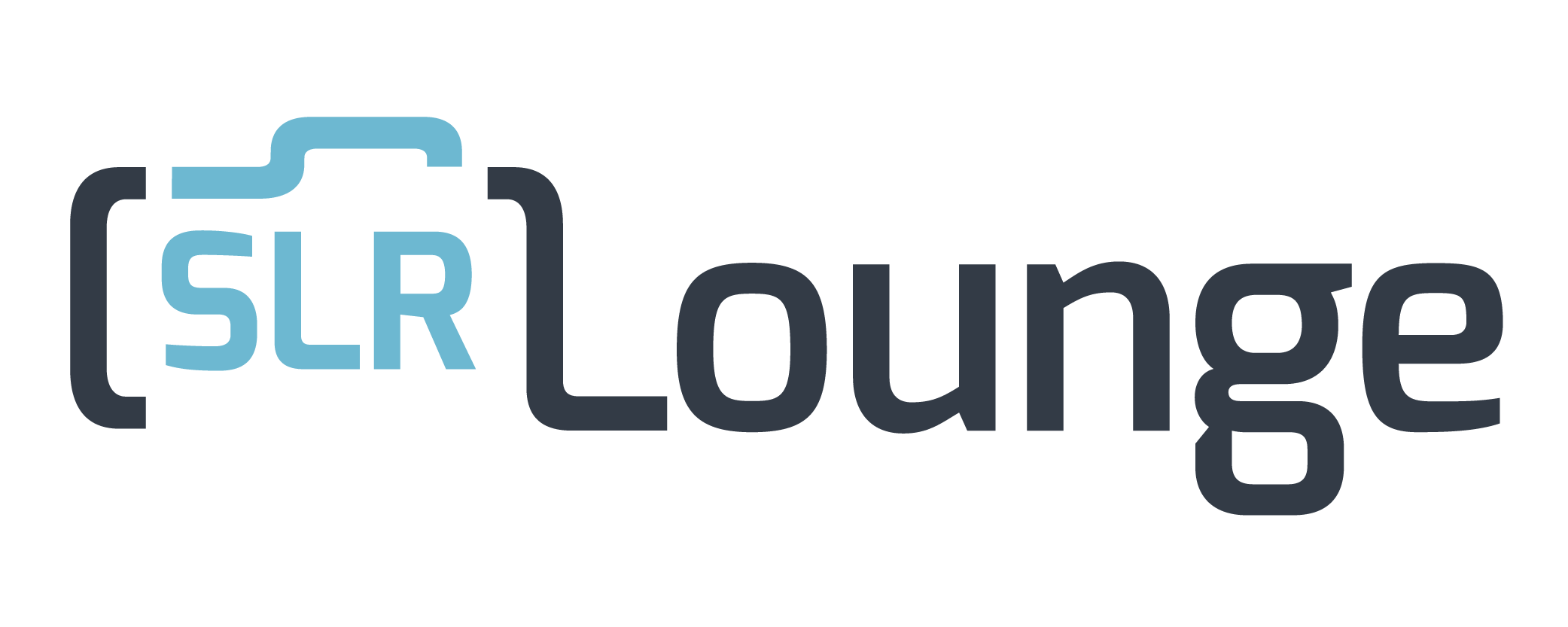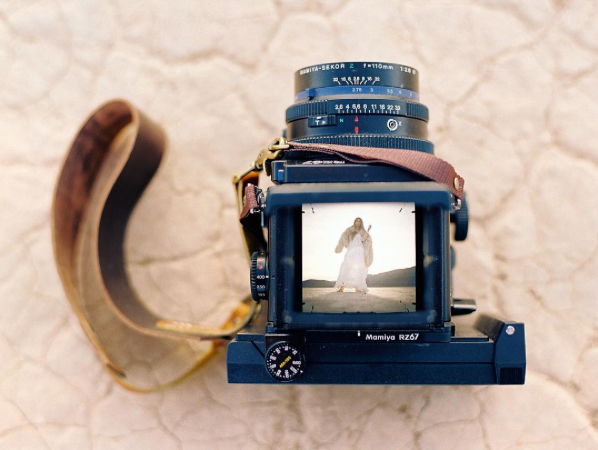When asked about shooting film, I am inevitably asked the question, “Do you develop your own?” The answer is a resounding “NO”. While I have had the pleasure of the darkroom experience in the past, my current life situation makes having a darkroom in my house rather difficult and the idea of spending hours upon hours around chemicals doesn’t really appeal to me. When my kids are older and show interest, this may change, but for now I’m happy to send my film out to a professional lab to do all the dirty work for me.
I’ve compiled a list of some of the best companies out there that pride themselves in processing quality images for their customers and are passionate about keeping the art of film processing alive. This article will help you determine how to choose a film lab and where to develop film for great results.
Note, the following article is for film photography. If you’re looking for the best places to print digital photos, please see our list of the The Best Photo Printing Services.
How to Choose a Film Lab | The Questions To Ask & The Answers To Watch Out For
Before we dive into our favorites, let’s discuss what you should be looking for in a Film Lab. Deciding where to develop film, however, is not an easy task. It’s a bit like sending your babies to boarding school; Someone else is raising them, molding them, tending to them… There are many different, amazing, professional labs in the US and abroad; each has their merits, but picking the lab that works for you is key.

When I first started shooting film, I tried multiple labs before I found ‘the one’. I’ll gladly share who my lab is with you, but I want to start by saying that I don’t dislike any of the other labs I used in the past. I simply found the lab that works for and with me, in the way I prefer.
So how do you choose a lab? Honestly, it comes down to trial and error mixed with a whole lot of communication. Picking a film lab shouldn’t be based on which big-name film photographer uses them. It should be based on how they develop and scan your film and the feeling you have once you establish a working relationship with them. People often think that they can send in their film and, magically, the lab should “get their style.” It doesn’t exactly work that way. You need to enter into a dialogue (yes, on the phone) with your lab, and help them understand what you are looking for. It takes a few rounds of back and forth for a lab to nail your style, but once they do, life becomes easy.

Part of the draw of being a film shooter is the ability to shoot and step away. I prefer to spend less time in front of the computer and more with my family. I like being able to focus on interacting with my clients and then send out the session to be developed and scanned by my lab. When I get the images back, it’s like Christmas morning, each and every time. The excitement of seeing the images come to life how I remembered them still makes my heart flutter.
When going through the process of choosing a lab I recommend asking them the following questions to ensure that your film is being handled the way you prefer.
Will I be able to have a dedicated scanner?
The person doing your scanning is responsible for much of how your images look (beyond your job of exposure, composition, etc…). Having a dedicated scanner allows them to get a feel for your shooting style, color and contrast preferences, and will result in better and more consistent scans. Some labs do not allow for dedicated scanners., and while it may not be a deal breaker for some, it was for me. I saw too many varied results from these labs and preferred to work with one person at a time.
Will the lab allow you to create a custom profile? If so, do they charge a fee for this service?
While some labs offer the ability to do so, I don’t believe in using another photographer’s scan settings to set your preferences. Each person shoots differently and I believe you should focus on your own aesthetic. Most labs will allow you to create custom profiles that will help keep your scans consistent. Some charge, some do not. It’s personal preference whether you feel this service is worth that cost. I think working with a lab to create a custom look just for you is essential to creating the cohesive, consistent look you need in the wedding and portrait industry.
When setting up a custom profile, do not be worried about hurting your lab’s feelings (you’d be surprised how often I hear that from photographers). Remember, that they actually want your feedback! If your film comes back and it doesn’t look the way you want it to (and you did everything on your part – metered correctly, etc), then call them and talk through your concerns. Fix a few images in LR or PS and send them the files. Explain what you did and why you prefer your edits over theirs. Photographers (and lab techs) are VISUAL learners. They need to SEE what you mean when you say you love warmth and contrast. Because that will mean something different to each person. I often hear, “But I shouldn’t have to explain it to them.” Well, why the heck not? Labs aren’t mind readers;Help them help you. It’s that simple.

Finally, once you HAVE chosen your preferred lab, it’s important to foster your relationship with them.
I love my lab because of the amazing people that work there and run it. I am not a number, or a random order. I am a valued customer, regardless if I send in 2 rolls or 50 rolls at a time. I know some of you are thinking “Really, Christina? You think having a warm and fuzzy feeling about your lab is important?” My answer is “yes!” because we value each other, and when I’m sending my art to them, I want it to be in good hands. If that doesn’t jive with you, think of it this way… your clients are paying you to ensure that their images are created in your vision and delivered to them properly. If you don’t choose the right lab for that job, you may not have future clients or referrals!

So who is my lab of choice? I use the FINDLab, based out of Orem, Utah and was founded by a film shooter, Jonathan Canlas. Everyone at the lab is a film photographer, so they truly understand their craft. The lab manager, Belinda, is the bees knees. She runs a tight ship, and makes sure everyone is taken care of! Their work has been consistent and they understand me.
Where to Develop Film | The Best Film Processing Services
You don’t have to take my word for it. As I promised, here is a list of a few of the major film labs in the US and abroad (this is by no means a comprehensive list, just the few I know and would recommend to try). Not only will these companies process your rolls of film, some of them offer scanning services, processing of medium and large format, 35mm slides, Advantix processing, odd sized negatives, black and white, disposable cameras, and more.
- The FINDLab
- PhotoVision
- Richard Photo Lab
- Indie Film Lab
- Carmencia Film Lab
- North Coast Photographic Services
- Old School Photo Lab
- MPIX
- SF Photoworks
- The Darkroom
Conclusion
Here’s to saving ourselves some time from running around town trying to look for a decent film lab. Throw those keys on the table, and grab your comfy office chair because all you have to do is put those rolls of film inside a mailer, and in a few days, you’ll have your prints at your doorstep. Easy enough! What do you think? What’s your lab of choice?













